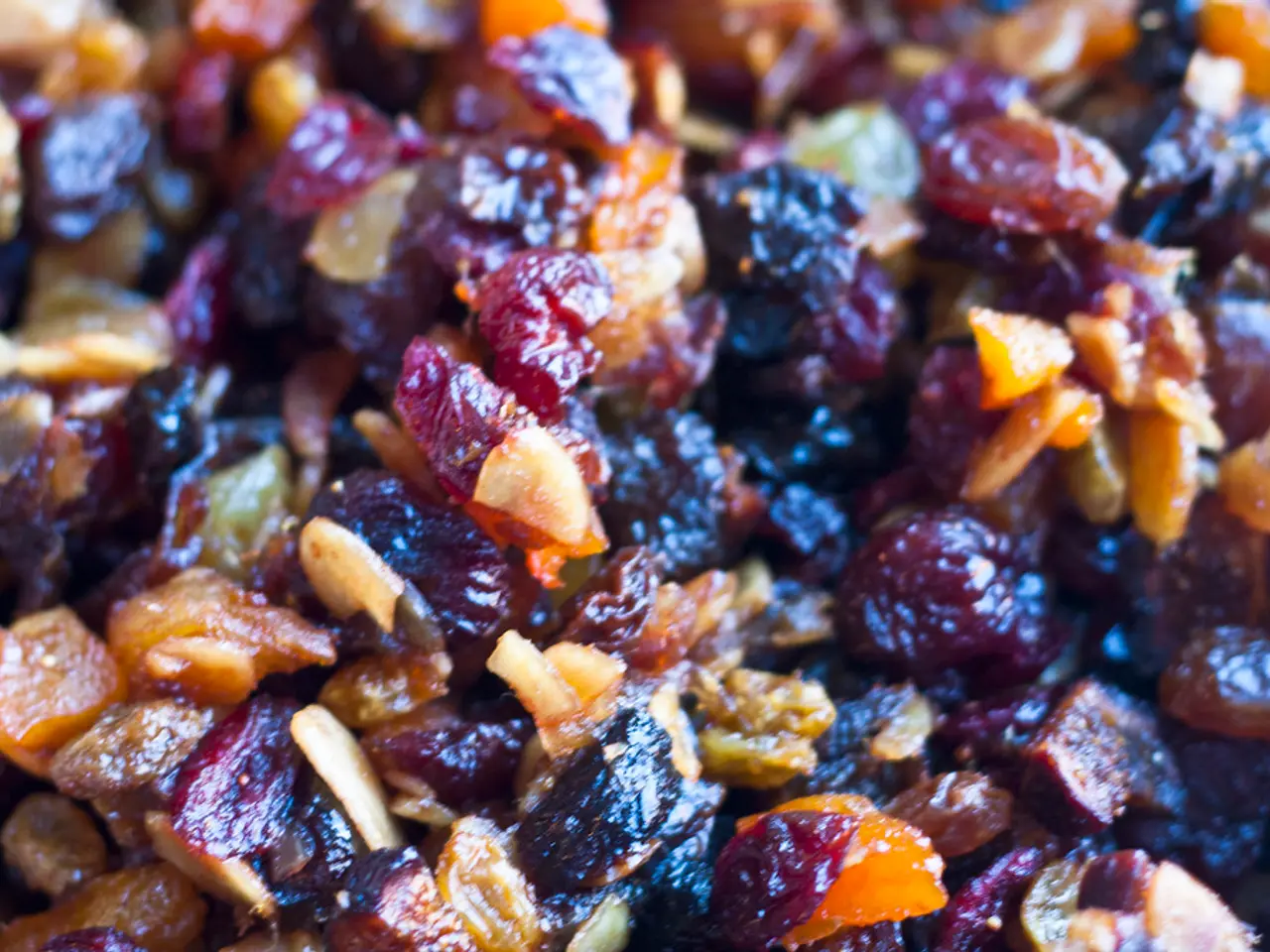Enhance Milk Yield and Animal Well-being in Arid Regions through Straightforward Feeding Strategies
In the dry and arid regions of India, livestock farming plays a crucial role in food security and income for many smallholder families. To address the nutritional challenges associated with these harsh environments, Multi-Nutrient Feed Blocks (MNFB) and Multi-Nutrient Mixtures (MNM) have emerged as effective solutions. These supplements improve nutrient supply, enhance animal health, and increase milk yield, making a significant difference in the lives of farmers.
MNFB and MNM are formulated to supply essential minerals, proteins, and vitamins that are often lacking in natural feeds. This results in better digestion and nutrient uptake in livestock, leading to improved health and productivity. Studies have shown that supplementation with these nutrient-rich blocks or mixtures leads to a marked increase in milk yield [4].
One such success story comes from the trial of MNM on nursing goats. Over a 12-week period, milk yield improved by 7.9%. Moreover, the average body weight of the goats increased by 5.3 kg per kid over the two-month period [1].
Scarcity of green fodder, high costs of commercial feed, and traditional rearing practices often limit milk yield and weight gain in cattle, buffaloes, and goats. However, MNM addresses this issue by substituting green fodder with energy- and protein-rich alternatives [2].
In a field trial, MNFBs increased the average daily milk yield of buffaloes by 4.1% and of cows by 7.4%. The economic analysis indicated that both buffalo and cow farmers made a profit, with benefit-cost (B:C) ratios of 3.16 and 3.49, respectively [3]. The B:C ratio for the MNM intervention was 2.66 [1].
The affordability and local production of MNM make it an attractive option for farmers. It can be produced in the village using local materials, and each kid is given 150 grams of MNM daily [1].
Scientists from the ICAR-Central Arid Zone Research Institute (CAZRI) in Jodhpur are developing low-cost nutritional interventions for livestock, aiming to bring significant improvements to rural livelihoods in India's arid and semi-arid regions [5].
Goats responded favorably to the MNM, unlike traditional mineral mixes that often have an unpleasant taste or odor [1]. The sale price for treated kids was Rs. 6,400, while the non-treated ones fetched Rs. 5,350 [1].
In conclusion, MNFB and MNM are effective, sustainable supplementation strategies that mitigate nutritional limitations of arid-region forages in India, substantially benefiting milk yield and livestock health through balanced nutrient supply and improved feed utilization [4]. These nutrition practices have the potential to revolutionise rural livelihoods in India's arid and semi-arid regions.
References:
- MNM Trial Report
- MNM Benefits
- MNFB Economic Analysis
- MNFB and MNM Benefits
- CAZRI Research
Science in the field of health-and-wellness, particularly in the realm of nutrition, has played a crucial role in developing Multi-Nutrient Mixtures (MNM), which have been formulated to address the nutritional challenges faced by livestock in arid regions. These supplements, designed to supply essential minerals, proteins, and vitamins, lead to better digestion, improved health, and increased productivity in livestock.




